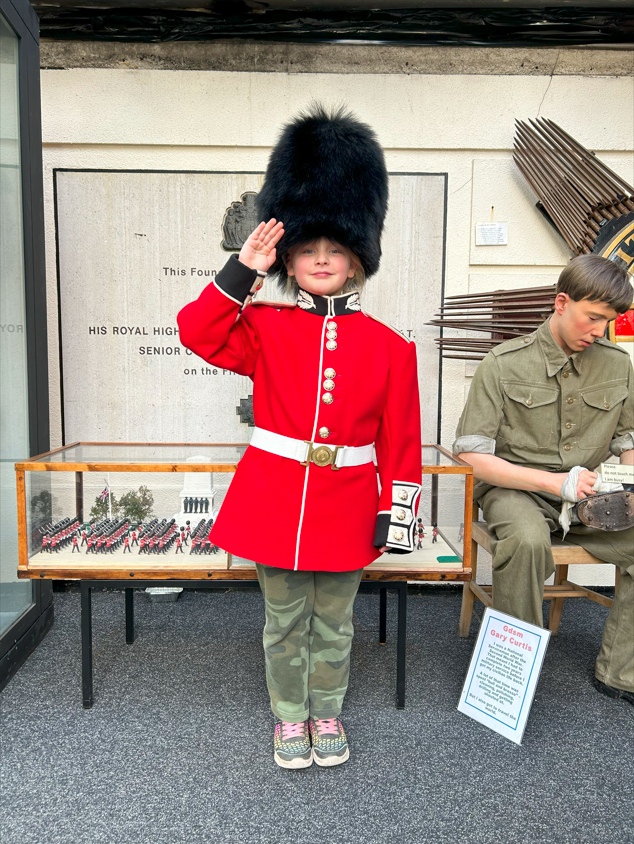Events
Celebrate Women’s History Month 2024 at The Guards Museum
Posted on: February 8, 2024
Kick start the Easter Holidays with a day of family fun. Join us at The Guards Museum on Saturday 30th March as we celebrate Women’s History Month 2024! With half price entry for all, and the opportunity to meet the women currently serving in Wellington Barracks, it’s a day you don’t want to miss.
What to expect:
- Half price entry
- Meet and ask questions to women in the army today!
- Explore the women in our history through featured exhibitions
- Try on a genuine Guardsman uniform
- Children’s activities
- Refreshments
No booking is required! We are open from 10:00 – 15:30. Find us on Birdcage Walk, London SW1E 6HQ. Just a few minutes walk from Buckingham Palace!
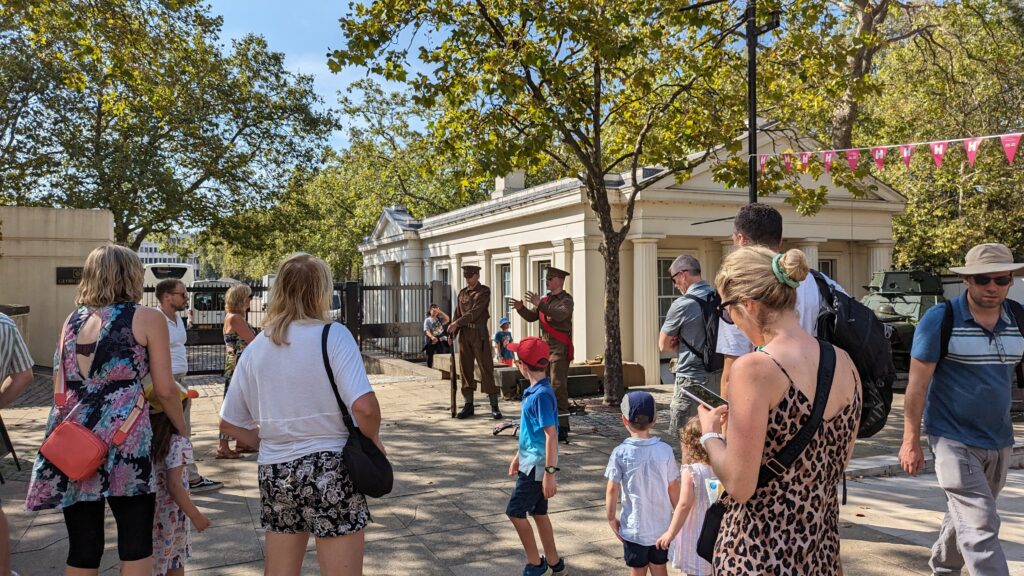
The Women in Our History
All genders are welcome amongst the ranks of the Household Division today, but this wasn’t always the case. Don’t let that fool you, however, as women still made their mark in Guards’ history. From our female Monarchs, to the wives and families of Guardsmen, it is impossible to ignore the contribution of women across this 380 year history. This Women’s History Month, we have chosen to celebrate three significant women.
Christina Broom (1862-1939), the UK’s first female press photographer and the official photographer of the Household Division from 1904-1939. She was self-taught, initially taking up the trade as a means to earn money as her husband suffered a permanently disabling injury and could no longer provide for them. Her photographs were extremely popular amongst the Guards Regiments, though her work stretched beyond only soldiers, capturing the Suffragettes and the streets of London amongst other scenes.
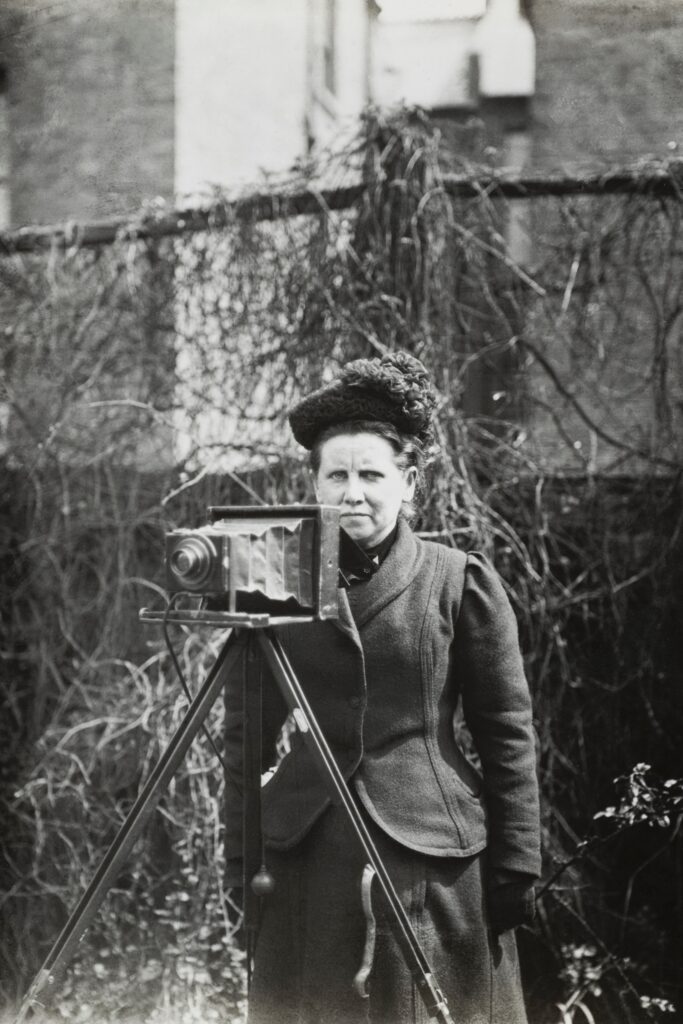
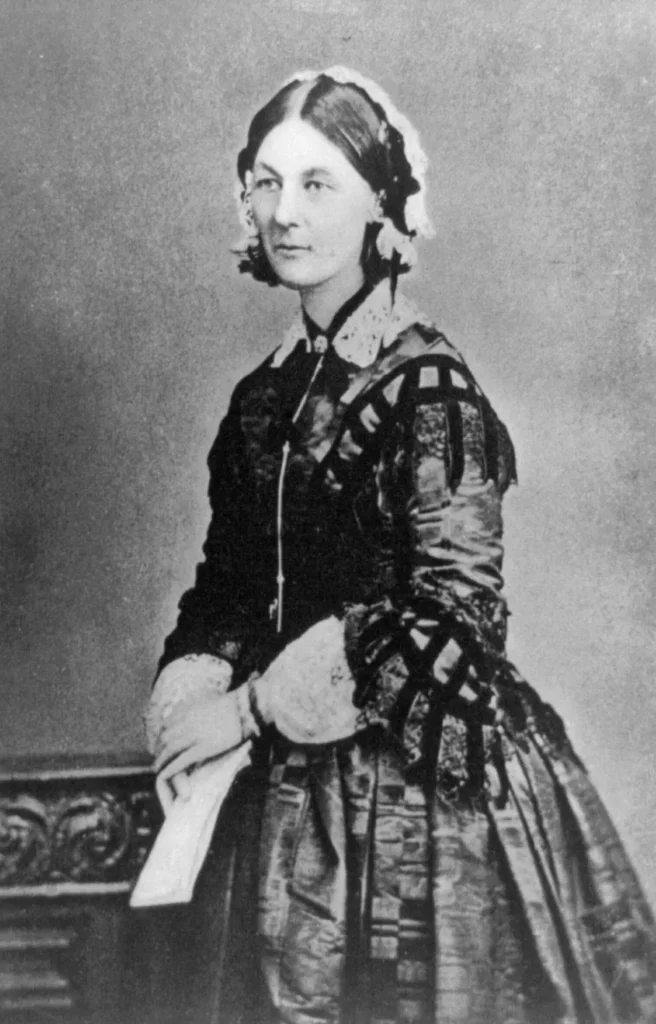
Florence Nightingale (1820-1910), a Victorian era nurse who was personally asked by the Secretary of War to establish a corps of nurses to treat wounded soldiers in the Crimean War. Her work in improving sanitary conditions and quality of life in military hospitals not only saved the lives of many injured soldiers, but sparked major reform in the army’s medical standards.
Mary Jane Seacole (1805-1881), a Jamaican born British Crimean War nurse. Unlike Nightingale, when Seacole approached the War Office and asked to be sent to the Crimea as an army nurse, she was refused. Undeterred, she funded her own trip and set up a base from which she could nurse the wounded. Though her name was lost to history, at the time she was as famous in Britain as Nightingale.
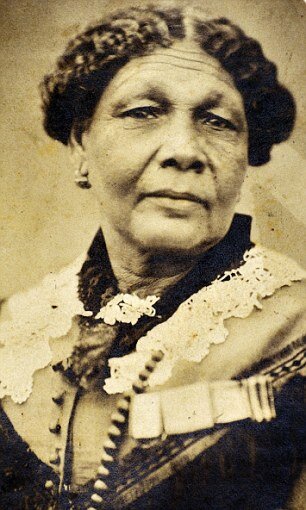
Learn more about these women in our Women’s History Month exhibition. We hope to see you there!


